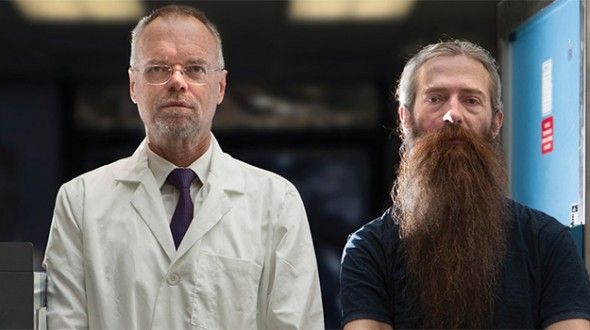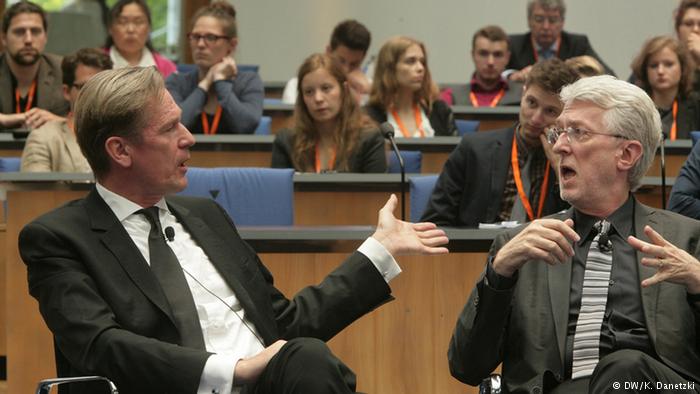Jul 1, 2014
E.Q.-Focused Nations (suboptimal) Versus I.Q.-Centric Countries (optimal)
Posted by Andres Agostini in categories: business, defense, economics, education, ethics, existential risks, science, scientific freedom, security
E.Q.-Focused Nations (suboptimal) Versus I.Q.-Centric Countries (optimal)
1.- E.Q.-Focused Nations argue that the millenarian applied terms such as: Prudence, Tact, Sincerity, Kindness and Unambiguous Language DO NOT SUFFICE and hence they need to invent a marketeer’s stunt: Emotional Intelligence. I.Q.-Centric Countries argue that the millenarian applied terms are beyond utility and desirability and that stunts are to social-engineer and brain-wash the weak: Ergo, all of these are optimal: Prudence, Tact, Sincerity, Kindness and Unambiguous Language, as well as plain-vanilla Psychology 101.
2.- E.Q.-Focused Nations are mired with universal corruption, both in private and public office. I.Q.-Centric Countries are mired with transparency, accountability and reliability, as well as collective integrity and ethics.
Continue reading “E.Q.-Focused Nations (suboptimal) Versus I.Q.-Centric Countries (optimal)” »

















